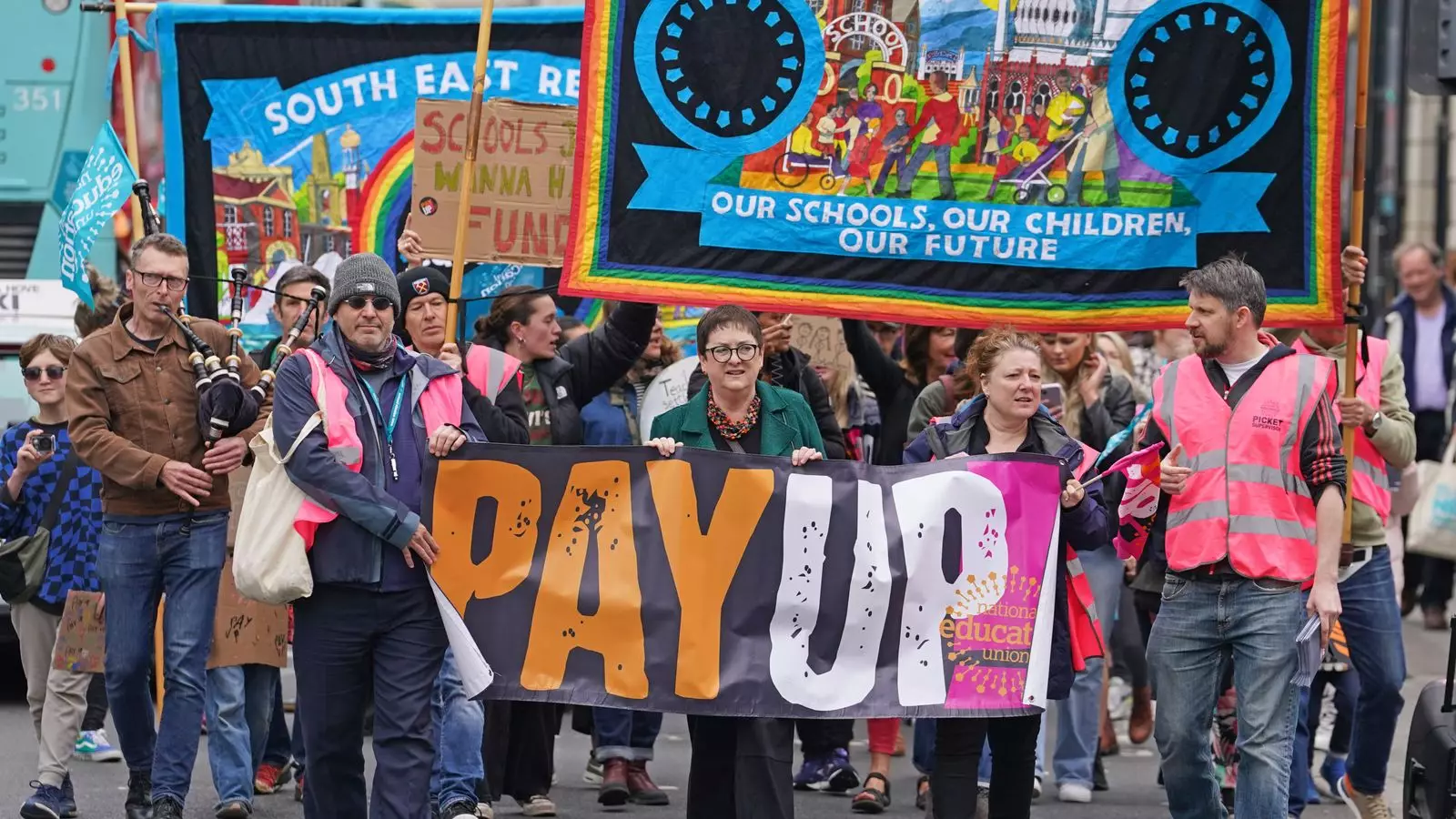The proposed increase in public sector pay, well above the government’s prepared budget, has raised concerns about the fiscal impact. With reported recommendations for a 5.5% pay rise for teachers and NHS staff, the cost could potentially amount to billions of pounds. This poses a significant challenge for the Chancellor, given that the government had budgeted for a more conservative increase between 1% and 3%.
The Treasury minister emphasized the importance of reaching a settlement on public sector pay to avoid the risk of industrial action. Not striking a deal could lead to longer-term problems in terms of recruitment and retention of essential workers in sectors like education and healthcare. The history of industrial action in response to pay disputes highlights the need for careful consideration in the decision-making process.
The Political Landscape
The government’s commitment to fiscal rules and the avoidance of tax rises presents a dilemma in the face of demands for above-inflation pay hikes. The Labour government’s promise to control borrowing and refrain from tax increases during the election campaign puts pressure on decision-makers to find a balance between meeting public sector workers’ expectations and maintaining financial stability.
The Importance of Proper Process
Both the Chancellor and the Treasury minister emphasized the need for a proper process in responding to the recommendations of pay review bodies. It is crucial to ensure that any decision aligns with the public finances and the broader economic context. Failure to follow a structured approach could have negative consequences in terms of both financial sustainability and workforce morale.
The Role of Unions
Union representatives have voiced concerns about the potential consequences of ignoring pay-review recommendations, highlighting the risk of strike action. Building and maintaining effective relationships with unions is essential in addressing pay disputes and ensuring a harmonious working environment. Collaboration and open communication are key to resolving conflicts and reaching mutually beneficial agreements.
As the government prepares for its first budget under the new Chancellor, the decision on public sector pay will be a crucial test of its economic strategy. Balancing the competing demands of fiscal responsibility and fair compensation for essential workers requires a delicate touch. The outcome of this decision will not only impact public sector workers but also reflect the government’s broader approach to economic management.


Leave a Reply